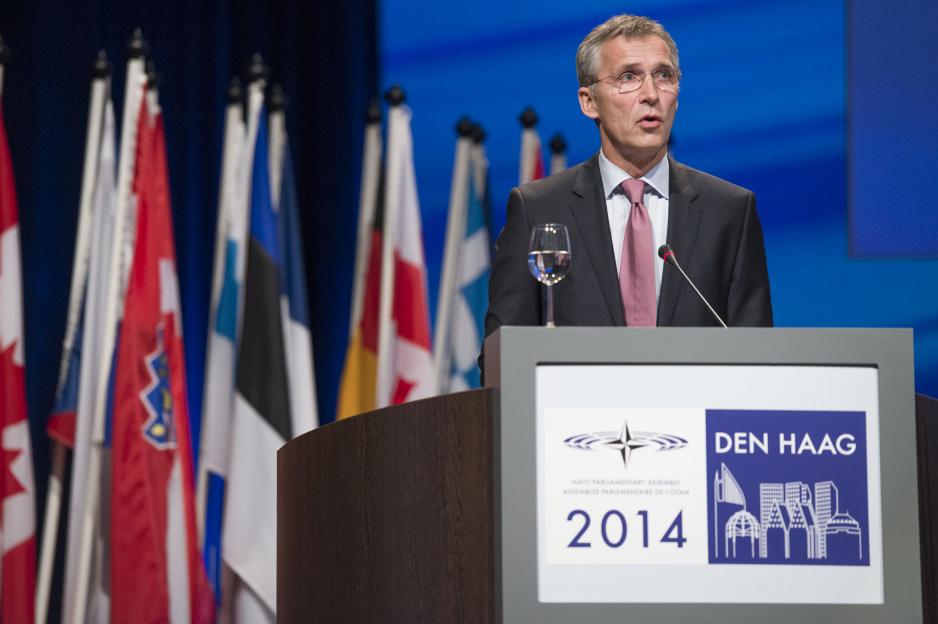Stoltenberg: - Continued NATO-Russia Cooperation Important

Despite mounting tensions between NATO and Russia, continued cooperation in the High North is important, says the alliance’s Secretary General Jens Stoltenberg.
At a time when both Russia and NATO are scaling up their military presence near each other’s borders the Secretary General says that there is an increased need for "transparency and predictability” to avoid situations getting out of control.
When Stoltenberg delivered a keynote speech in the Hague, Netherlands, at the 60th Plenary Session of the NATO Parliamentary Assembly yesterday, he also added that “strength, firm and predictable policies create the foundation for engaging with Russia”. This is reported by Sputnik International.
In the interest of all parts
- I am really convinced that in the long run, it’s both in the interest of NATO, but also in the interest of Russia, to have a relationship based on trust, on respect for international law and open trade, close cooperation,” the former Prime Minister of Norway stated.
He also reminded that in the northern regions there is already a lot of cooperation between Russia and the countries that are members of the alliance. Especially in areas such as energy, environment, and search and rescue.
- NATO is going to be there, Russia is going to be there. Russia is NATO’s biggest neighbor, so in one way or another we are going to relate. And even in the Cold War we had areas where we worked together and where we developed different kinds of cooperation,” Stoltenberg says.
Boosting military presence
The relationship between NATO and Russia have been rather strained over the last months.
At the NATO Summit in Wales, NATO leaders strongly condemned Russia’s military intervention in Ukraine and demanded that Russia stop, and withdraw its forces from Ukraine and along the country’s border. Moscow, on the other side, denies any involvement in the Ukrainian crisis.
Following the reunification of Crimea, NATO has boosted its military presence in Poland and Latvia, Lithuania and Estonia.
The presence of US militaty forces in Eastern Europe “will ensure a more rapid response, should aggression occur”, Commander of US Army Europe and Lieutenant general Ben Hodges tells Sputnik International today.
According to Hodges the militaty units will rotate to locations in Eastern Europe through the end of next year, as a part of Operation Atlantic Resolve.
-
NATO's door for Ukraine remains open
Because of its non-bloc policy, a possible membership for Ukraine in the NATO-alliance has not been discussed in the recent years, Stoltenberg told Sputnik International yesterday.
However, a membership may be sought by “countries which fulfill the criteria for becoming NATO allies, and that is also valid for Ukraine", the General Secretary says.
Last week five Ukrainian parties signed a draft agreement signaling that NATO membership would be one of the top priorities of Ukraine’s new government. However, NATO’s regulations do not allow countries involved in territorial disputes to become members, and currently Kiev refuses to acknowledge Crimea’s reunification with Russia.
- Yes, Ukrainians leans towards NATO, and they have a lot of dialogue with NATO, and NATO sympathizes with them. But it would be something quite different if they were to become a member of the alliance, senior researcher Indra Øverland at Norwegian Institute of International Affairs (NUPI) said when High North News interviewed him in September.
